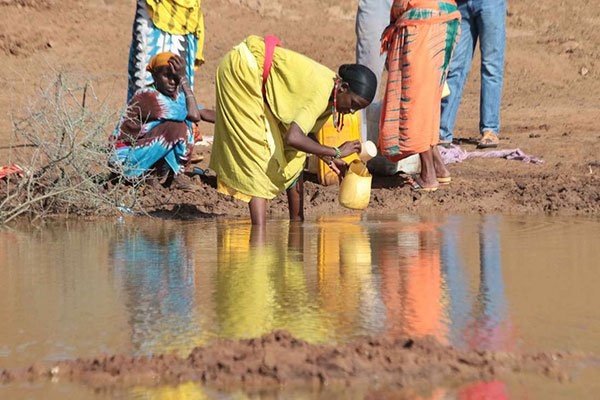By Daily Nation
The World Bank says lack of clean water limits the economic growth of a country by a third, adding its voice to the debate on pollution that is claiming lives globally.
Through its report, “The Invisible Water Crisis”, the bank says a combination of bacteria, sewage, chemicals and plastics can suck oxygen from water supplies and transform water into poison for humans and ecosystems.
According to the study, the effects of the water crisis are wider, deeper and more uncertain than previously thought, requiring immediate attention.
The report says about 1,000 new chemicals get into the environment every year and 80 per cent of the world’s waste water is released without treatment.
It adds that though synthetic fertilisers have transformed agriculture, they are also claiming many lives.
EXPOSÉ
About 30 to 50 per cent of nitrogen applied to soils leaches into rivers and the air, suffocating aquatic life, worsening climate change and shortening lives through contamination.
“While much attention has focused on quantity — too much water in the case of floods and too little during droughts — quality has attracted significantly less consideration,” the World Bank says.
The study adds that the world faces an invisible crisis of water quality that is eliminating a third of potential economic growth in heavily polluted areas and threatening the well-being of humans and the environment.
The report comes a day after the Nation completed running the first instalment of the Toxic Flow project, which tested the quality of water in the Nairobi-Athi-Galana-Sabaki rivers.
It found the presence of at least six deadly metals and a host of life threatening pollutants.
POVERTY
According to the World Bank study, when biological oxygen demand — a measure of how much organic pollution is in water and a proxy measure of overall quality — crosses a particular threshold, the GDP growth in downstream regions drops by as much as a third because of the effects on health, agriculture and the ecosystems.
The institution says it assembled the world’s largest database on water quality gathered from monitoring stations, remote sensing technology and machine learning to come up with the report.
Read full article on Daily Nation



